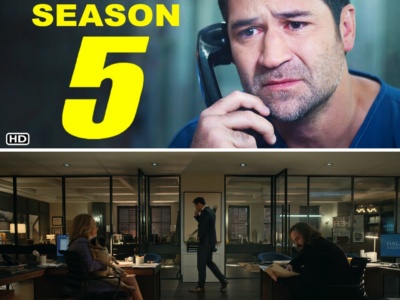Captain America has always been an unfettered optimist, but his need to believe in doing the right thing has almost always been short sighted at best.
There has never been any question as to what values Captain America holds dearest, just as there has never been any doubt as to how far he is willing to go to uphold them. Whether it means putting his life, reputation, or legacy on the line, Steve Rogers has never faltered in his pursuit of truth, justice, and freedom. Unfortunately, his unwavering belief in those very same ideals might also be Captain America’s biggest weakness, and his latest adventure is about to prove it.
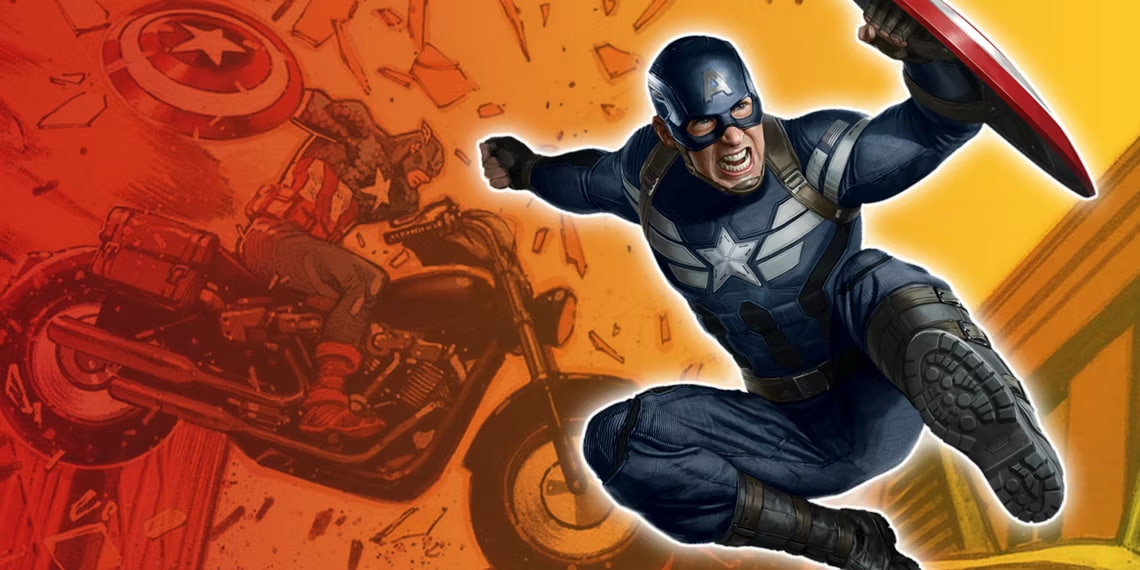
Captain America #6 (by J. Michael Straczynski, Lan Medina, Belardino Brabo, Espen Grundetjern, and VC’s Joe Carmagna) finds the titular hero caught in one of the most explosive fights of his life as he squares off against an enigmatic foe imbued with quite literally demonic strength and power. Despite being objectively outmatched, Captain America is unyielding in the face of his infernal foe. This is in large part because Captain America is well aware that backup is on the way courtesy of none other than the Sorcerer Supreme. While Doctor Strange does indeed provide Captain America with the tools he needs to excise the demon from their world, he is also reticent to suggest that as a course of action. As Doctor Strange points out, defeating the demon who has been terrorizing their world will only create a power vacuum in Hell that will assuredly be filled by even worse threats. Though Captain America hears and understands that warning, it isn’t one that he decides to heed, and all because he can’t come to terms with the idea that sometimes the cost of doing the right thing is far more than it is actually worth.
A Brief History of Captain America’s Indelible Optimism
Captain America’s Outlook Hasn’t Always Served Him Well
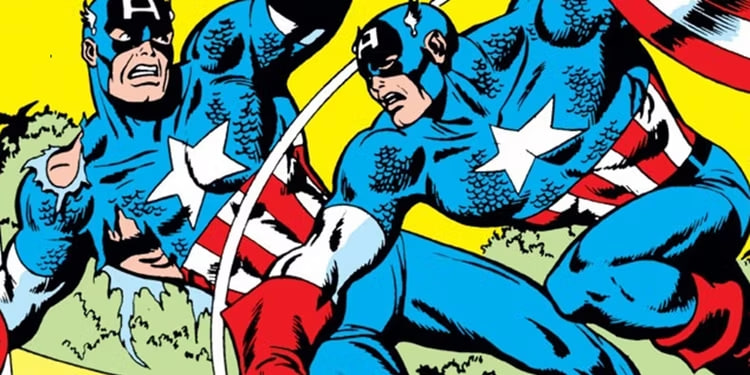
From his very first appearance in the pages of 1940’s Captain America Comics #1 (by Joe Simon and Jack Kirby), Steve Rogers has been the literal poster boy for only the greatest of American ideals. As much as the comics encapsulated this idea, it is an aspect of the character that has been ingrained in him across every single iteration of Captain America. Unsurprisingly, there have been various attempts to subvert fans’ expectations through copycat Captains or twisted, alternate versions. No matter how much damage these dark doppelgangers have done at various points, every variant of the genuine Captain America has fallen in line with the precedents set by the original. This is just as true across the small and silver screens as it is in the comics, even if the latter comprises a far more expansive catalog of appearances.
Still, whether it be live-action or animated, no adaptation of Captain America has been devoid of the character’s most endearing truths. The vast majority have escaped many of the complex, overtly political storylines that have come to define Captain America in the comics, but they have still leaned into the basic morality that the character embodies. All the same, most of these adaptations of the character have avoided falling into the sort of jingoistic trappings that similarly define many of Captain America’s worst enemies. Of course, by consistently looking toward a better future, Captain America has inadvertently lent himself to being frequently betrayed by those he works with. And, by always being willing to serve someone a second chance, he has also inadvertently opened the door for further betrayals to be suffered.
How the Marvel Cinematic Universe Avoided Captain America’s Most Nuanced Problems
Superheroics and Politics Don’t Stand Out Nearly as Much as Captain America’s Personal Issues
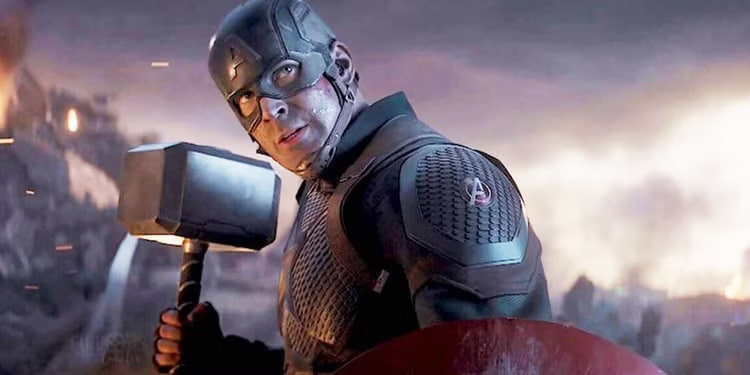
Of all the various versions of Captain America to end up on screen, the most iconic is easily Chris Evans’ take on the character from the Marvel Cinematic Universe. Like those who came before him, this Steve Rogers was a hero to his very core. Even without any powers, the Steve Rogers of the MCU was willing to give up his own life to save those of his fellow soldiers without any hesitation. After becoming Captain America, that same willingness to risk his safety was ramped up to a higher degree than ever before. Despite every single obstacle, supervillain, and cosmic tyrant who stood in his way, the MCU’s Captain America was just as hopeful as ever at every turn.
Thankfully, this unfettered hope never progressed to the point where it was a genuine problem for the MCU’s Captain America. There was certainly plenty of room for that kind of concern during the events of 2014’s Captain America: The Winter Soldier, as well as in 2016’s Captain America: Civil War. Though both films hinged on the titular hero’s hope of reconciliation for himself and Bucky Barnes, they also saw how Captain America’s optimism could drive a wedge between him and his greatest allies.
Throughout each film, there was an underlying sense that Steve’s outlook was clouding his vision from seeing the reality of the situations he was caught up in. While the films did ultimately end with better things on the horizon, the nature of the MCU all but necessitated those conclusions from the outset of their stories. The eventual exit of Chris Evans from the franchise also prevented his Captain America from falling victim to his own worst tropes. In the pages of Marvel Comics, however, there is no requisite need for things to wrap up neatly or set up another sequel, although there is plenty of room for utter disaster to wipe out whatever sense of hope the likes of Earth’s Mightiest Heroes have left.
Why Captain America’s Need to Do Good is His Character Trait
The Marvel Universe is About to Experience Hell on Earth – And It’s Captain America’s Fault
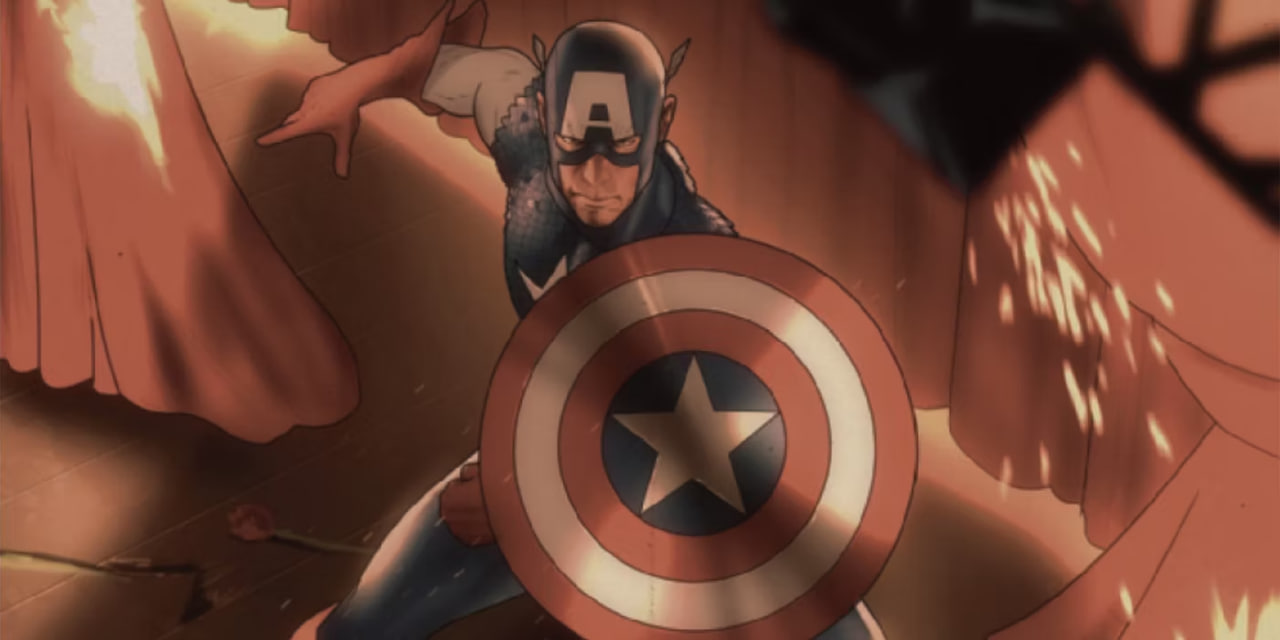
Now that Captain America has decided that exorcising a single demon is worth risking an all-out war in Hell, it is only a matter of time before he is dragged into the middle of the conflict he has knowingly created. Worse still, there likely won’t be any stopping said conflict from spilling over onto Earth. Captain America may have been capable of handling his latest Hellish foe, but that was only after receiving an exceedingly rare, not to mention a temporary upgrade. Considering the number of similar situations Doctor Strange has faced, as well as the fact that he was so vehemently opposed to Captain America’s ultimate victory, it is hard to imagine how the latter could replicate such a feat again, let alone in the face of more powerful or numerous demons.
Then again, that isn’t a line of thought that fans can expect Captain America to concern himself with, especially not when there is an entire world on the cusp of needing to be saved. If anything, the Steve Rogers of the comics will once again be rushing headfirst into battle against any and every threat that emerges in the days to come. Doing so without any regard for his own safety may not be every hero’s first choice when the forces of Hell are knocking at their door, but Captain America has never really been like any other hero. Hopefully, that endlessly endearing nature won’t be the thing that gets him killed, no matter how temporary death happens to be in the realm of comics.
